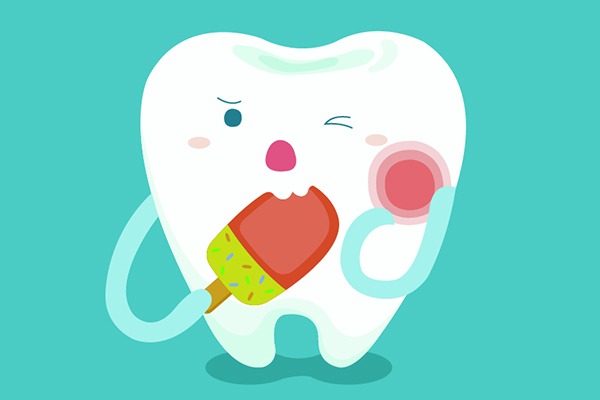 Receding gums are often blamed on brushing techniques. Surprisingly, most individuals with receding gums are unaware that they have a dental problem that must be addressed. On the other hand, others have been aware because the roots of their teeth have become exposed or they have had dental sensitivity.
Receding gums are often blamed on brushing techniques. Surprisingly, most individuals with receding gums are unaware that they have a dental problem that must be addressed. On the other hand, others have been aware because the roots of their teeth have become exposed or they have had dental sensitivity.
Gum recession occurs when the gum tissue surrounding the teeth deteriorates, pulls back, and exposes more teeth than usual. The tooth may decay in severe situations. One becomes more vulnerable to tooth decay and periodontal pockets when this happens. If left untreated, the supporting tissue and bone structures surrounding the teeth may deteriorate, resulting in tooth loss. Patients who have noticed receding gums need to schedule a dental consultation here.
Treatments for receding gums
Gum recession is irreversible. This means that gum tissue that has receded will not regrow. However, patients can prevent the issue from progressing. The origin of the problem generally determines the treatment for gum recession. If vigorous brushing or poor oral habits cause gum recession, patients can talk to a dental hygienist about altering their brushing and flossing habits. Plaque between teeth can be cleaned with a regular antiplaque mouth rinse. Using a dental pick or another kind of interdental cleaner may also be beneficial for cleaning hard-to-reach regions.
For mild gum recession
A dentist can identify the optimal treatment plan to preserve the gums and teeth. If gum infection is discovered, antibiotics may be given. Other medicines may be utilized to address the underlying issue causing gum recession. The options include antibiotic gels, antiseptic chips, antimicrobial mouthwash, and enzyme suppressants.
Mild gum recession raises the likelihood of germs developing in pockets surrounding the afflicted region. Gum disease may spread more rapidly in areas where there is already gum disease. On the other hand, mild gum recession does not always indicate an increased risk of gum disease.
Gum recession may need periodic thorough cleaning procedures known as "scaling and root planing." The dentist will remove tartar and plaque from the teeth surfaces and the roots during scaling and root planing.
For severe gum recession
In the most severe instances of receding gums, surgery may be required. Flap surgery and grafting are the two most common methods. Gum grafting may be used to replace lost gum tissue if gum recession is severe. This technique involves grafting or connecting gum tissue from elsewhere in the mouth, like the roof, to a region where gum tissue has receded around a tooth. Once the area heals, the process will shield the exposed tooth root and provide a more natural appearance.
If alternative therapies fail, flap surgery is a thorough tissue cleansing procedure. It removes bacteria and tartar accumulation within the gums. A dentist pulls the gums up and then reattaches them once the treatment is completed. Because the gums fit more tightly around the teeth following flap surgery, the teeth may look longer.
Final note
Receding gums are a progressive condition that may ultimately cause tooth loss. It is advisable to seek treatment as soon as possible.
Request an appointment or call Relax and Smile Dental Care at 305-740-1444 for an appointment in our Miami office.
Related Posts
Dentists recommend proper oral hygiene from a young age to achieve good dental health for a lifetime. This is important for cosmetic reasons, but also to maintain overall health. One of the consequences of not brushing and flossing correctly is gum disease, which is also known as periodontal disease. This condition originally affects the gums,…
Are you concerned about receding gums? Read on to learn about the most common causes for this condition. It is important to understand the common causes of receding gums as they are the most notable risk factors of periodontal disease that leads to gum recession. By understanding these risks, you can take the necessary preventive…
Receding gums can be a sign that you have gum disease. It can also be a sign of poor brushing habits or using a toothbrush that is too hard. receding gums leave teeth roots exposed to acids made by oral bacteria, increasing their risk of decay.Teeth roots do not have an outer layer of enamel…
